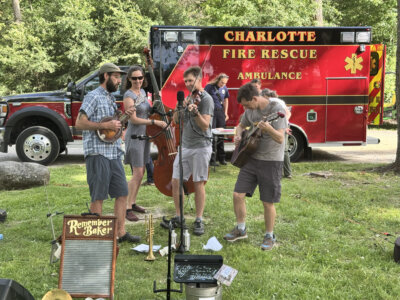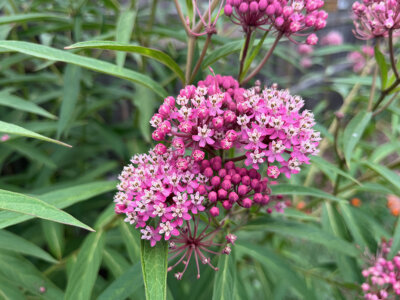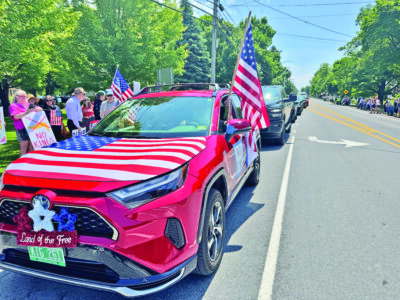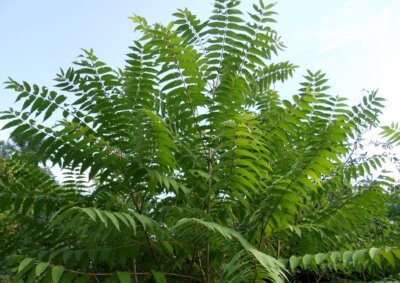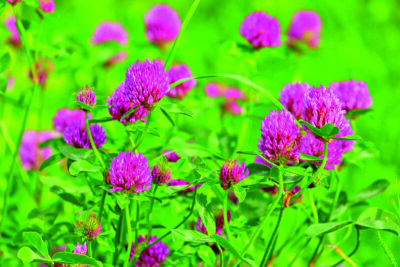Grant to help with golden-winged warbler habitat
The Vermont Land Trust, in partnership with the Charlotte Park and Wildlife Refuge in Chittenden County, won a $25,000 grant from Cornell University’s Land Trust Small Grant Program to increase habitat connectivity and shrubland breeding habitat for golden-winged warblers.
The award, which will be supplemented with $15,000 from local donors in Charlotte and an in-kind contribution from the Fish and Wildlife Foundation, complements similar work done in 2020 on an adjacent Charlotte property, the former Nordic Farms which also was funded by Cornell.
Vermont’s land trust and conservation community has a long history of collaboration to support bird conservation, particularly for declining shrubland and grassland species like golden-winged and blue-winged warblers, and bobolinks and eastern meadowlarks.
Western Vermont, with the largest golden-winged warbler population in New England and as the northeastern reach of the golden-winged warbler breeding range, has a critical role to play in the species’ survival regionally. The Western Vermont Golden-chain Collaborative, a coalition of Audubon Vermont, Vermont Land Trust, other land trusts, regional conservation partnerships, other conservation organizations and Cornell, works to increase connectivity for golden-winged warblers in this area.
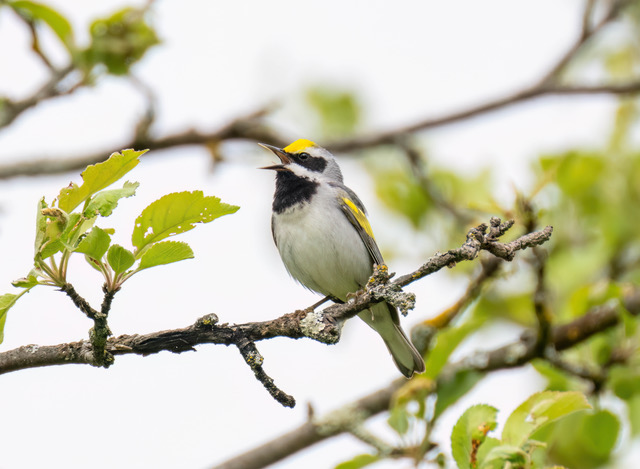
The funds will be used to clear 11-14 acres of invasives species in the park and replant native trees, shrubs and forbs on land that abuts a parcel already being managed and monitored for the critically endangered golden-winged warblers. Vermont Land Maintenance, a firm specializing in land restoration efforts, will implement the invasive removal. Vermont Land Maintenance has worked with Audubon Vermont on a number of golden-winged warblers habitat restoration projects, including with Vermont Land Trust at Nordic Farms.
The grant offers the first opportunity for the park to work directly with Vermont Land Trust, which is expanding ecological restoration efforts on conserved properties throughout the state. The award will allow the park to advance the goals of the Western Vermont Golden-chain Collaborative by increasing connectivity and expanding the winged-warbler habitat. The park hopes to have the work done by the end of this calendar year.
The expansion area is abandoned pastureland and is currently densely overgrown with tree-sized bush honeysuckle and European buckthorn. Removing these invasive species will allow existing native trees and shrubs, including gray dogwood and nannyberry, to thrive; and it will open the area to reestablishing native forbs like goldenrod and joe pye weed, as well as sedges and grasses. It will complete another major, contiguous segment of managed restoration in the park.
As part of the conditions governing the award, Audubon Vermont will conduct pre- and post-monitoring on the site. Vermont Land Trust and the Charlotte Park and Wildlife Refuge Oversight Committee will hold two workshops, one in August of this year and the next in 2024, to educate the public and local conservation organizations about the grant and report on the monitored changes once the work has been performed. The park will also erect signage to enlist birders to record on eBird any observations related to their sightings of golden-winged warblers in the park.
Related Stories
Popular Stories
If you enjoy The Charlotte News, please consider making a donation. Your gift will help us produce more stories like this. The majority of our budget comes from charitable contributions. Your gift helps sustain The Charlotte News, keeping it a free service for everyone in town. Thank you.
Andrew Zehner, Board Chair



